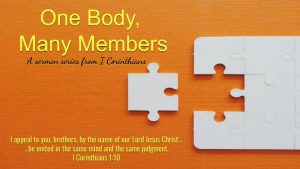Today’s passage: 1 Samuel 15:1-35
Helpful thoughts:
- Obedience is better than sacrifice.
- Willfully ignoring instructions in order to worship “better” is open rebellion.
- You can look spiritual, while you are actively rejecting the Lord.
- These truths ought to give us reason for pause and inspection.
- Saul’s confession proved empty when he asked Samuel to help him save his reputation by showing his support.
- Saul was basically saying, I sinned because I feared the people…now please make me look good in front of the people. (Verses 24-25)
- Repentance is a change in thinking which results in a change in actions. Saul was not repentant.
- Therefore, Saul’s “worship” in verse 31 was empty and idolatrous. He was bowing down to God in order to worship the praise of man.
- Verses 29 and 35 do not contradict each other. The Hebrew word for regret can carry the idea of grieving as well. So, in verse 29, the Lord, the “Glory of Israel”, was not going to deceive and change his mind. But, in verse 35, He was able to grieve what had occurred. Doing the right thing can hurt, and God is able to grieve.
Questions to consider:
- Who is the Glory of Israel? Who should we say is the Glory of the Church? How does this chapter display what will occur when we forget who our Glory is?
- How important does Psalm 119:11 become after reading this chapter? We have been blessed to possess God’s sufficient revelation in the Bible!
- Why do we tend to follow our feelings or instincts about spirituality and life? How can we KNOW that we are following God? (Proverbs 14:12, Proverbs 3:5-6, 2 Timothy 3:16-17, 2 Peter 1:3-4)
